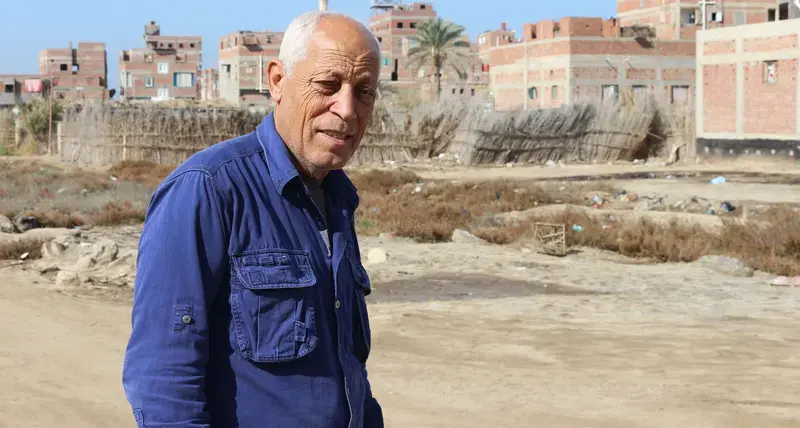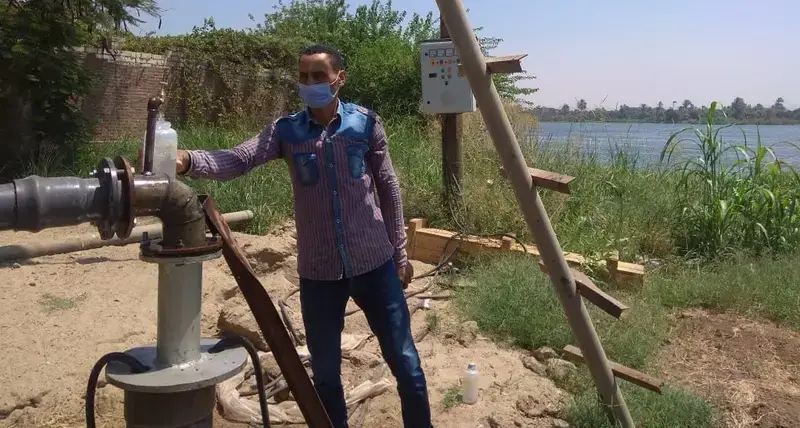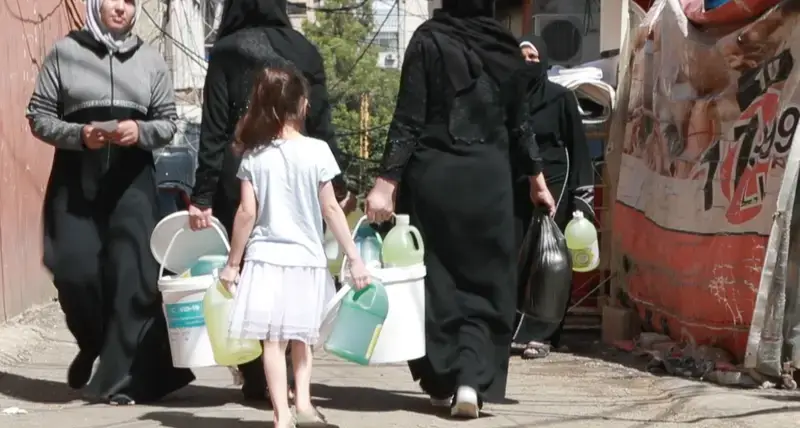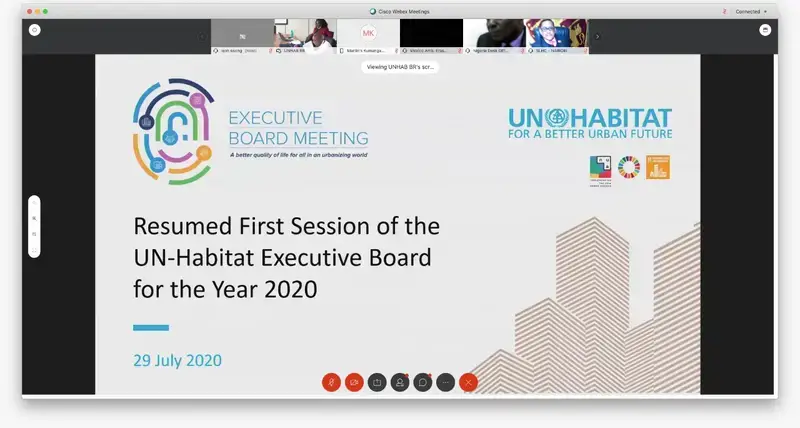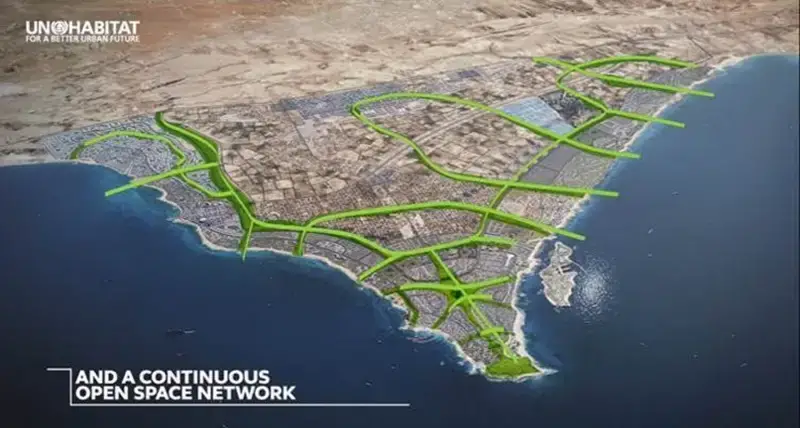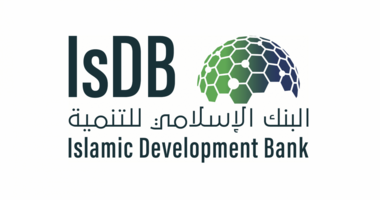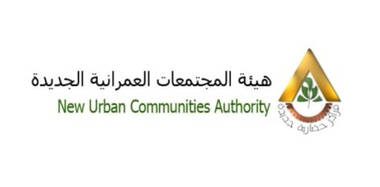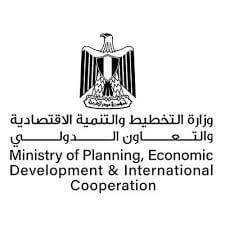Since 2007, UN-Habitat has partnered with Egypt to harness urbanization for sustainable communities. Working with the Egyptian government, it supports policies, urban planning tools, and capacity building to enhance urbanization's value. Aligned with Egypt’s Vision 2030 and the New Urban Agenda, it tailors solutions to local needs. At the 12th World Urban Forum in Cairo, November 2024, themed “It All Starts at Home,” local initiatives for sustainable cities took center stage, showcasing efforts to create inclusive, thriving communities through collaboration and innovation.
Impact
Urban numbers
Challenges
Did You Know?
In Egypt, over 240 cities host an urban population that’s heavily concentrated, representing around 14.2% of the country’s land, which creates a stark contrast in how space is utilized!
This pressure on infrastructure and services led to a growing number of urban challenges on different levels regarding housing, urban transport systems, local economic development, and adequate management of resources.
For instance, the lack of affordable, adequate, and accessible housing is leaving many low- income Egyptians living in informal areas with poor standards of living and infrastructure, with reduced access to main public services and transportation. In fact, around 40% of urban areas and 95% of rural areas in Egypt are considered unplanned.
Also, Egypt has been suffering recently from water scarcity. The situation is expected to worsen due to the population increase and climate change. Not only that, but the sanitation services also suffer from great disparities between rural and urban areas; while 91.6% of households in urban areas have access to sanitation, the percentage drops to
31.2 % in rural areas.
As a result of all the above urbanization challenges, more than 70% of the Egyptian cities are considered of low development potential (National Urban Policy), and there is a loss of return on investments and low living standards, insufficient services, and the loss of development value.
This makes working towards tackling these multi-dimensional urbanization contexts, addressing climate change, and improving the urban environment while ensuring access to basic services that contribute to social, cultural, and economic justice and development, an essential goal for UN-Habitat in Egypt.
Country Beneficiaries
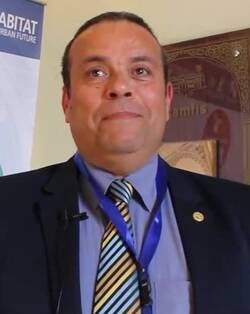
"I’m happy for UN-Habitat cooperation with Egyptian government that makes Egypt on same trend with worldwide in field of smart cities."
Tarek Aboul Seoud, Environmental planning professor
Donors and partners
Since its establishment, UN-Habitat in Egypt has been able to build strong partnerships with the various related stakeholders for an enhanced impact and sustainability of interventions. This partnership varies from ensuring local and community participation during the planning and implementation phases, to responding to the current urban needs by enabling dialogues that integrate knowledge from various representatives of academia, local community, NGOs, international agencies, the central and local government, such as:
Partners
Partners
Contact
Legacy content
Like much of the world, Egypt is witnessing rapid growth of its cities. To date 43% of the population in Egypt live in 223 cities, of which 56 % are concentrated in the Greater Cairo Region (GCR) and Alexandria. This rapid urbanization represents one of the biggest challenges that faces Egypt's urban development and is one of the main causes of the growth of informal and unsafe areas in Egypt.
However, the smartest cities today are turning these challenges into opportunities because urbanization should be considered as a driver of development rather than a problem. Cities can be engines of growth, but this is only if they are managed well and if opportunities are seized and utilized. Cities bring people closer together, benefit from economies of scale, and are a marketplace of their own - placing people, goods, and services all in close proximity. To capture this potential, we must push forward sustainable urbanization policies, policies that enable growth and at the same time create an urban development process that is able to cope with the challenges of the coming years – such as climate change, increasing demands on urban infrastructure, pollution and rapid population growth.
Sustainable urbanization is multifaceted, and it is for this reason that national urban policies must look at urban development through multiple lenses such as Planning and Design, Urban Economy, Housing and Services, and Governance. We must build and design cities that are inclusive and that are equipped for the next century. It is for this reason that UN-Habitat has been focusing on pilot interventions that result in the creation of sustainable, efficient and vibrant cities so they become engines of growth and also focuses on producing knowledge products and pilot projects that can provide evidence based research to the formulation of key policies. These dynamics are not a particularity to Egypt, but they are part of global processes. Thus UN-Habit is mobilizing the government towards the Third United Nations Conference on Housing and Sustainable Urban Development (Habitat III) which will take place in 2016 in Quito, Ecuador and it is aligning its work along the Sustainable Development Goals, especially Goal 11, to “make cities inclusive, safe, resilient and sustainable.”
Rania Hedeya
UN-Habitat Egypt
Key Partners
Type Name Government Ministry of Housing, Utilities and Urban Communities ( MoHUC) Ministry of Local Development ( MoLD) Ministry of Planning (MoP) Ministry of Finance ( MoF) Government of Spain Government of Germany (BMZ) Swiss Agency for International Development (SDC) German Federal Ministry of Education and Research Governorate of Asyut Governorate of Qalyobya Governorate of Cairo Governorate of Giza Al Alamein local government New Urban Community Authority ( NUCA) General Organization of Physical Planning ( GOPP) UN Agencies The United Nations High Commissioner for Refugees United Nations Industrial Development Organization ( UNIDO) United Nations Trust Fund for Human Security ( UNTFHS) UN Women International Labor Organization (ILO) International Organization for Migration ( IOM) International NGOs Plan International Ford Foundation Universities and research centers Asyut University AT-Verband -Association for the Promotion of Socially & Environmentally Appropriate Technologies Brandenburg University of Technology Cottbus Frankfurt/M University of Applied Sciences (Research Institute for Architecture, Civil Engineering, Geomatics) Institute for Automation and Communication (ifac), Magdeburg ifeu – Institute for Energy and Environmental Research IUWA Heidelberg Institute for Future Energy Systems (IZES, Saarbrücken) Technische Universität Berlin (TU Berlin) Ostfalia University of Applied Sciences, Campus Suderburg University of Stuttgart (Institute of Energy Economics and the Rational Use of Energy(IER) Eberhard Karls Universität Tübingen Local NGOs and CBOs Nahdet Khayrallah NGO Elshehab NGO Tadamon NGO Hawa El mostakbal NGO
